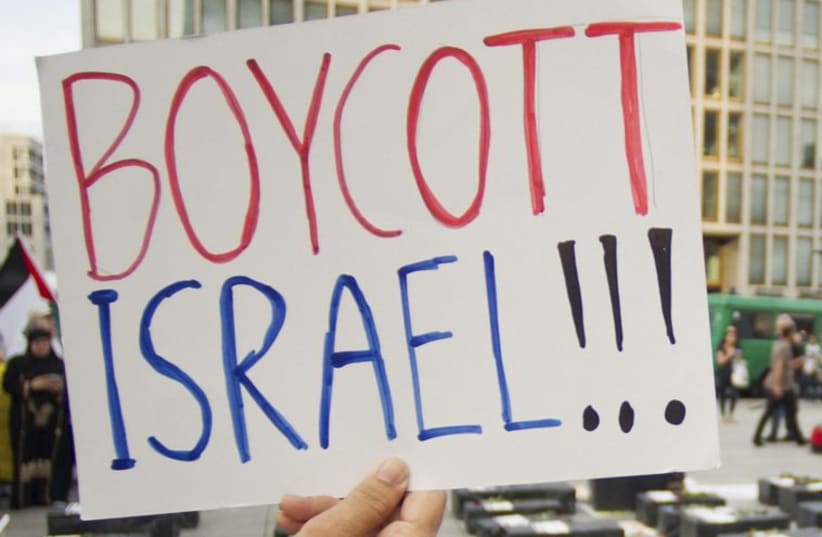High Court upholds part of Anti-Boycott Law, strikes part and splits on '1967 Israel'
Court had previously frozen law that imposes sanctions on any individual or entity that calls for an economic boycott of Israel’s settlements in the West Bank or of Israel itself.
